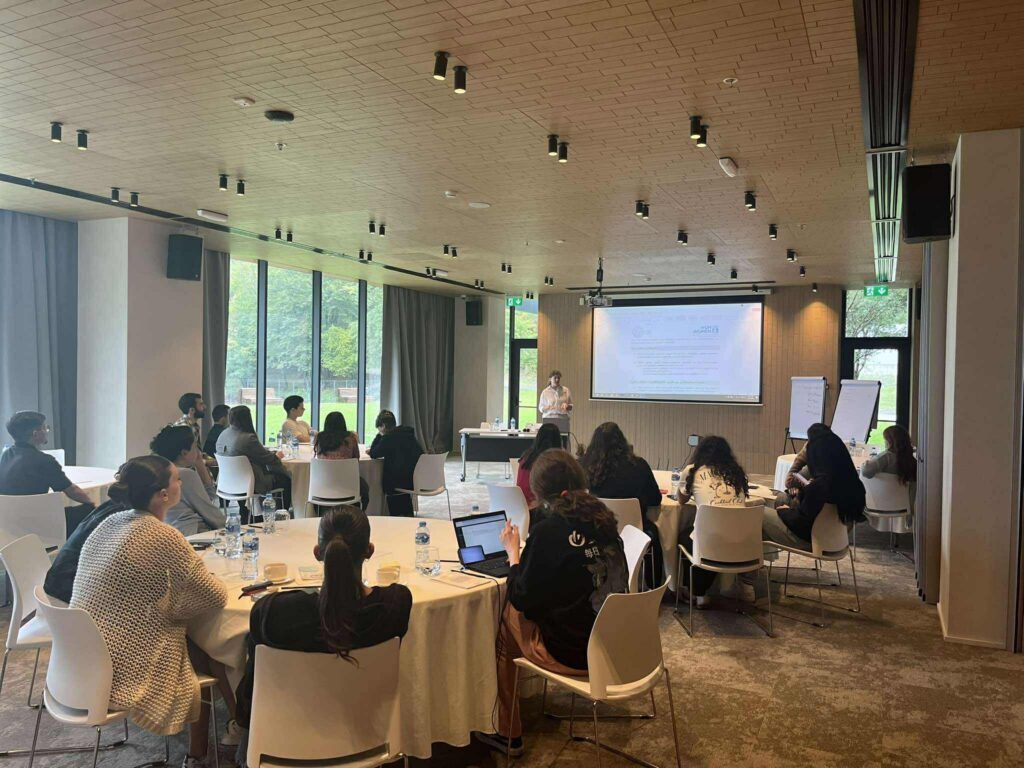What are some of the most urgent health issues in the South Caucasus? And can any differences be seen between Armenia, Azerbaijan and Georgia? These questions and many more can begin to be answered by data from the CRRC Data Initiative (DI).
As the above charts show, people’s perceptions of the most urgent health issue differ between the countries in the region. In Armenia, heart diseases are stated as the most urgent health issue followed by the quality of medical care and cancer. In Azerbaijan, the quality of medical care is stated as the most urgent, followed by heart diseases and diabetes. In Georgia, the number one most urgent health issue is the availability of affordable medicines, followed by the quality of the medical care, and, in third place, cancer. The quality of medical care, therefore, is in the top three issues in each of the three countries, and cancer is one of the most urgent issues in Armenia and Georgia.
The most striking difference between the countries is that Georgians consider the availability of affordable medicines to be the most urgent health problem (23.5 percent), but only 5.0 percent of the respondents in Azerbaijan agree with this being the most pressing health issue. The next interesting difference can be found in people’s perceptions of heart diseases. The respondents in Armenia and Azerbaijan believe this is one of the most urgent problem (19.1 percent and 16.2 percent, respectively), but only 7.5 percent of the respondents in Georgia agree with this. Moreover, a difference can be seen in people’s perceptions of diabetes and tuberculosis. Respondents in Armenia and Georgia do not state tuberculosis as one of the most pressing health issues (2.7 percent and 2.1 percent, respectively), but 9.6 percent of the respondents in Azerbaijan believe it to be of urgent concern. Finally, only 1.7 percent of the respondents in Georgia say diabetes is the most pressing health issue, while the same level of respondents in Armenia and Azerbaijan is 6.6 percent and 11.7 percent, respectively.
This is merely a data snapshot, and of course CRRC’s Data Initiative is not an instrument specifically designed to capture data on public health. Nevertheless, it yields valuable insights and even more information on health-related topics in the South Caucasus can be found by accessing the datasets on CRRC’s webpage. You can for example find out differences in perception of health issues between men and women, how satisfied people are with the medical healthcare, and information about smoking habits – as well as analyze in more detail the characteristics of different groups of respondents according to age, economic status and place of residence.
Go to http://www.crrccenters.org/index.php/en/5/999/ to check out the data for yourself.











